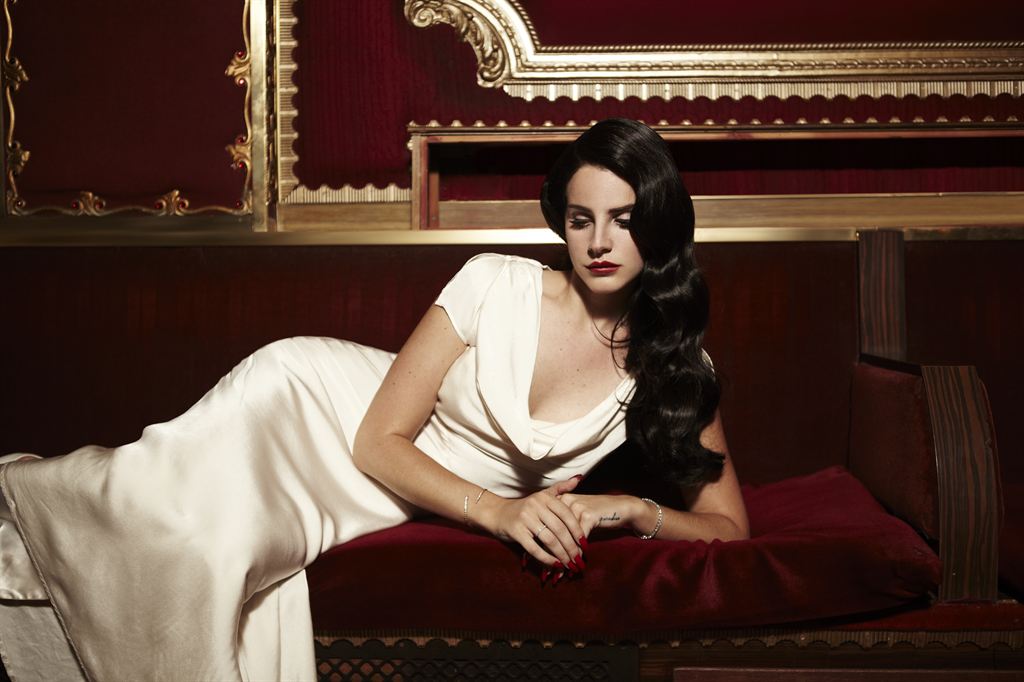What’s in a name? Exploring some of the musical nomenclatures
The most sacred of things, the name of a musical artist or group is of course critical to their public identity. But why do certain artists pick certain names?
Of course, what is most frequently observed is a case of artists simply going by their real names. This is for good reason, requires no particular explanation, and has been exhibited by an infinite list of artists. Similarly, some may choose to modify their real name, in particular, to avoid confusion with more established figures. A good example of this is Katy Perry (born Katheryn Hudson), who took on her mother’s maiden name to avoid comparisons to Golden Globe-winning actress Kate Hudson.
Alternatively, artists may choose a name which sounds real but is entirely constructed. Often, this is with good reason: Frank Ocean is after all, much more marketable than Christopher Edwin Breaux. This might take multiple stages before success is found. For example, Elizabeth Grant performed under names such as May Jailer and Sparkle Jump Rope Queen before settling on the one you might be more familiar with — Lana Del Rey.
It’s not just groups that have perhaps outlived their name
The mononym is another interesting naming style. Inherently arrogant, a successful mononym artist requires a degree of both fortune and confidence. But done right, this can establish an artist as a household name and elevate them to another level of idolatry. Although some artists wait to establish themselves first before taking on a mononym (Beyoncé, Björk), others may assign it themselves from the offset. Who knows what Adele’s surname is? I didn’t until I looked it up just now (it’s Adkins, by the way) — but at the same time, I don’t need to. Arguably, some of her success can be attributed to the recognisability afforded by her mononym.
There are endless ways for groups to name themselves, but I certainly think the worst naming convention is one which comes off as generic. As a rule of thumb, you should be able to Google and find results for the group without having to add ‘band’ or ‘music’ at the end. Even if intent on a simple name, minor stylistic edits can go a long way to add recognisability (CHVRCHES, I’m looking at you). CHVRCHES recently featured a band called HighSchool as their opener — a painfully nondistinctive example of how not to name yourself.
There’s no best way to name yourself in music — but recognisability is key
While name changes are not unheard of among both the soloist and the group—such as MARINA, formerly of And The Diamonds (I actually have a minor bone to gripe here, as I think her real name of Marina Diamandis just sounds cool and would do excellently)—or Florence + The Machine, originally named after vocalist Florence Welch and producer/instrumentalist Isabella Summers (nicknamed Isa Machine), have been working without Summers ever since 2015’s How Big, How Blue, How Beautiful. And although the pair remain on good terms, should Welch transition to performing under her name alone or is it simply more convenient to continue using the moniker which brought her to fame?
Similar questions should be asked of other groups which have shifted dramatically in composition since inception, such as Panic! At The Disco and PVRIS. Is it still Panic! when only Brendon Urie remains? This isn’t to say I have anything against the naming of solo projects — Jack Antonoff can do whatever he wants with Bleachers, as far as I’m concerned. But when a band is no longer a band, with (almost) everything has changed internally, it is misrepresentative to claim that everything is the same externally.
It’s not just groups that have perhaps outlived their name. While hardly anyone would expect her to go by her full name, the name picked out by 16-year-old Ella Yelich-O’Connor does not fully represent the artist that she is today. The aristocratic, theatrical tone afforded by Lorde fits Pure Heroine (2013) perfectly, yet not so much for Solar Power (2021). This disparity might narrow towards her future material – but it could also widen further. But to change now is to start over — not quite from square one, mind you — but often, this is a setback too far to be worth taking.
So, what are my conclusions? Well, there’s no best way to name yourself in music — but recognisability is key. This should be considered very carefully — both whether the name is recognisable in the first place as well as whether this particular recognisability is appropriate for an extended period which could encompass an artist’s whole career.

Comments